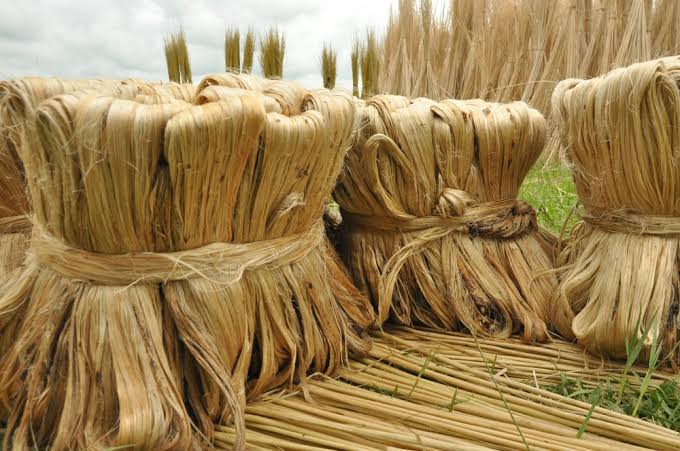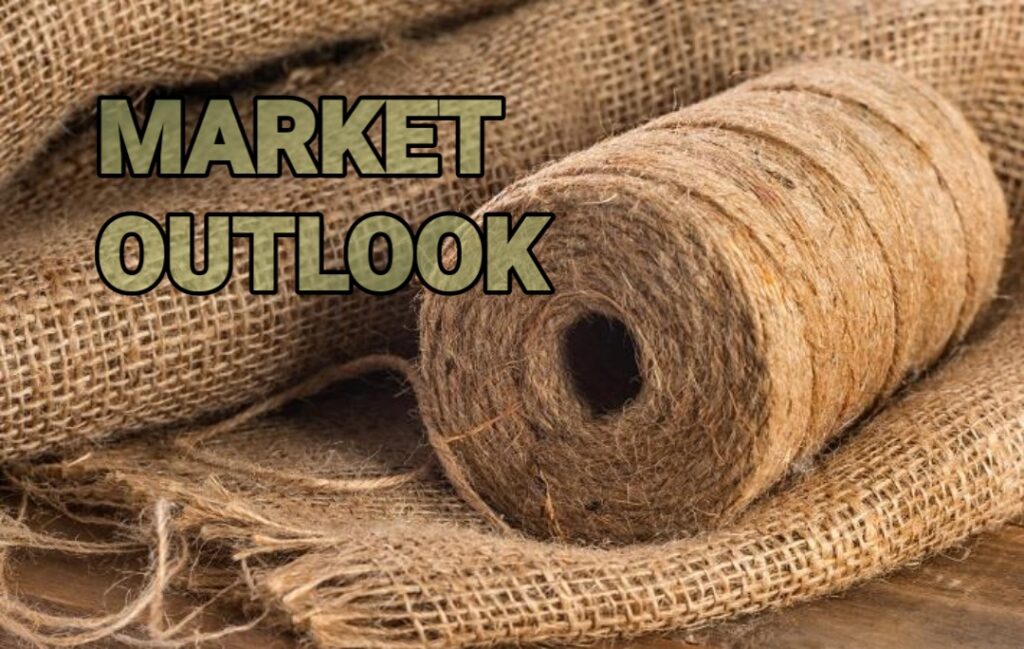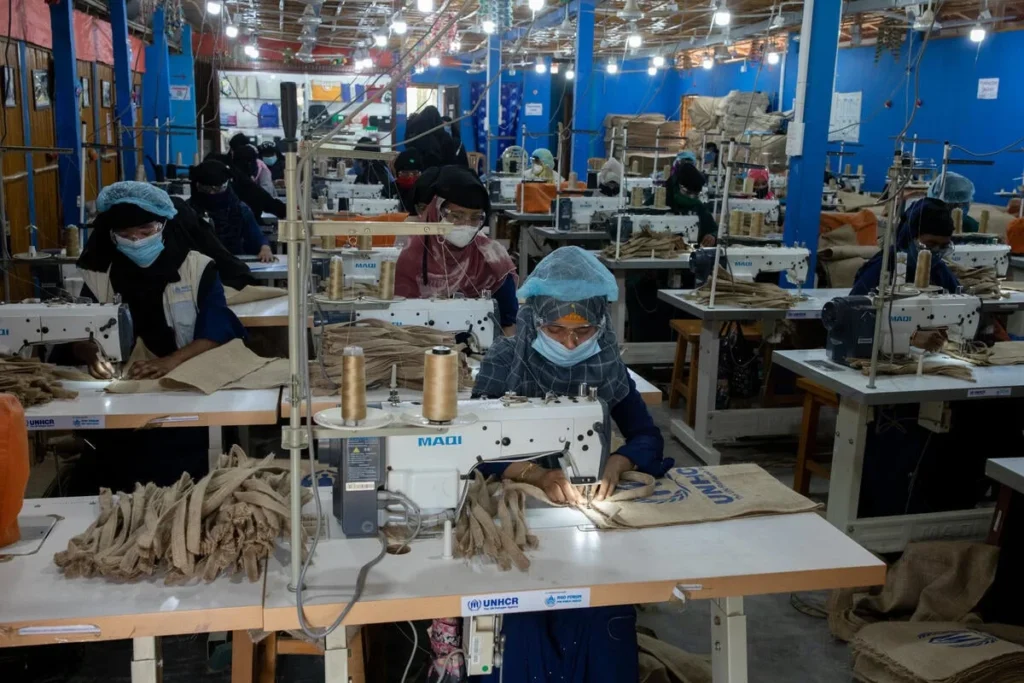Exploring the Diverse and Infinite Potential of Jute
The market outlook for jute at a glance remains positive with the promise of new products and innovations in the sector. Jute’s potential, recognised for its sustainability, is expanding into automotive interiors, furniture, charcoal production, and innovative products like geotextiles and biodegradable Sonali Bags. With Bangladesh at the forefront, jute’s applications across industries suggest a greener future, promising economic growth, and reduced environmental impact.
As the world embraces sustainability and eco-conscious practices, the demand for jute, often referred to as the “golden fibre,” is on the rise. With its versatility and eco-friendly properties, jute presents a plethora of opportunities across various industries.
This stance was made apparent by the Bangladeshi Prime Minister Sheikh Hasina in her address to the jute industry on the occasion of National Jute Day, 2024. With that in mind, let’s explore the potential of jute in today’s market.
Contents
The Market Outlook for Jute at a Glance: New Products, New Possibilities

1. Interior Supplies for Automobiles
Jute fiber has found its way into the automotive industry, with high-end car manufacturers such as BMW, Mercedes-Benz, and VW incorporating jute into car interiors. Bangladesh, a leading supplier of jute, plays a significant role in meeting the global demand for natural fibers in the automotive sector.
2. Furniture and Home Appliances
India, China, and other countries are utilizing jute fibers in the production of furniture and home appliances by blending them with polypropylene. This innovative approach not only enhances the durability of the products but also promotes sustainability.
3. Jute Sticks for Charcoal and Carbon Powder
Jute sticks hold immense potential in the export market, particularly in industries requiring raw materials for charcoal and carbon powder production. With a significant global demand, particularly in China, Bangladesh stands to benefit from exporting jute-stick ashes and charcoal.
4. Jute Geotextile (JGT)
Biodegradable and environmentally friendly, JGTs offer a sustainable solution for various applications, including soil stabilization and erosion control. Bangladesh’s abundant jute fiber supply positions it as a key player in the global JGT market, presenting opportunities for substantial foreign currency earnings.
5. Eco-Friendly Sonali Bag
Developed by Bangladeshi scientist Mubarak Ahmed Khan, the Sonali Bag represents a breakthrough in biodegradable packaging. With the global bioplastics market projected to grow significantly, there is a growing demand for eco-friendly alternatives to traditional packaging materials, offering lucrative export opportunities for Bangladesh.
6. Jute Tin
An environmentally friendly alternative to traditional Cast Iron (CI) sheets, jute tin is a recent innovation that showcases Bangladesh’s commitment to sustainable solutions. Made from jute hessian and other eco-friendly materials, jute tin offers soundproof and heatproof properties, catering to both domestic and international markets.
7. Jute Viscose
With the initiation of the jute viscose project, Bangladesh aims to reduce its reliance on imported viscose for the textile industry. By producing 40,000 tons of viscose annually, Bangladesh seeks to capitalize on the popularity of regenerated cellulose fiber, further strengthening its position in the global textile market.
Conclusion
As the world shifts towards sustainability, the future of jute looks promising. With ongoing innovation and collaboration, jute is poised to play a significant role in shaping a greener and more sustainable world. At MASK Associates, we look forward to a brighter, greener future in the jute industry and the further development of new products that contribute towards sustainable business.
MASK Associates is a leading exporter of top-tier jute and jute-based products from Bangladesh. Our commitment to excellence, innovation, and technology guarantees superior jute sourced from premier fibres globally.



